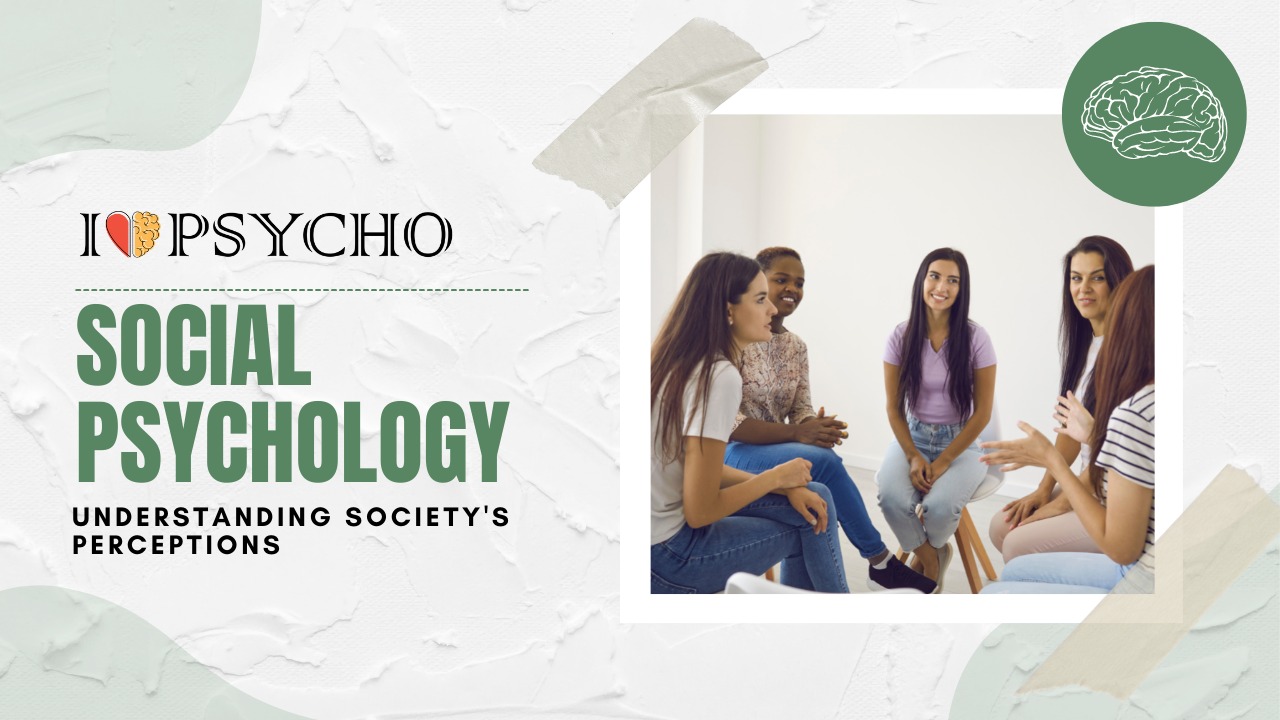The scientific study of how people perceive, influence, and relate to others through social interactions is known as social psychology. The study of how people perceive, influence, and relate to others is known as social psychology.
It’s also known as the scientific investigation of social interactions. The scientific study of how people’s thoughts, feelings, beliefs, intentions, and goals are formed in a social context by actual or imagined interactions with others is known as social psychology.
As a result, it examines human behavior as it is influenced by others, as well as the circumstances in which social behavior and feelings occur. The field is defined by social psychologist Gordon Alport as an attempt to understand and explain how the actual, imagined, or implied presence of others influences people’s thoughts, feelings, and behaviors.
Alport proposes that the effects of social influence can be felt even when there are no other people directly present; in other words, cultural norms can affect us even when we are alone. We could be watching TV, listening to the radio, or simply thinking about previous interactions. Cognitive social psychology and social neuroscience are subfields of social psychology.
Social Psychology: Psychological vs. Sociological
The field of social psychology has long been thought of as bridging the gap between psychology and sociology. Individual or social influences on a person’s perception of the world around them are the focus of social psychology.

There are some significant differences between how psychological and sociological social psychologists approach the field of study. Psychological social psychologists, for example, are concerned with individuals’ mental processes, whereas sociological social psychologists are concerned with societal factors.
Perception of Society
Individuals can make judgments and form impressions about other people using social perception. Although pre-existing knowledge influences how observed information is interpreted, these judgments are primarily based on observation.
The term “social perception” refers to the initial stages of information processing in order to determine another person’s or group’s mindset and intentions. These early stages aid in the interpretation of each other’s actions, allowing us to quickly infer additional information in order to predict behavior.
Social perceptions influence individuals’ behaviors and attitudes. Social psychologists study the factors that cause people to behave in a certain way in public and the circumstances in which certain behaviors and feelings occur.
This field is concerned with the construction of feelings, thoughts, beliefs, intentions, and goals, as well as how such psychological factors influence interpersonal interactions. In three ways, social psychology tries to understand the complex relationship between minds, groups, and behaviors.

Its first goal is to describe how the actual, imagined, or implied presence of others affects people’s thoughts, feelings, and behaviors. Social perception, social interaction, and social influence are all examples of this (including trust, power, and persuasion). In this field, there is a lot of interest in how perceptions and thoughts, as well as social cues, influence individual behavior.
Second, social psychology attempts to explain the impact of individual perceptions and behaviors on group behavior. This includes studies into topics like group productivity and decision-making.
Finally, social psychology explains how groups behave as behavioral entities. This field of study looks into the relationships that one group has with another, as well as the influence that one group has on another.
Some of the major areas of study in social psychology are as follows:
- Attribution
- Persuasion
- Prejudice
- Perception of society
- Conformity
- Influence in and of society
- The dynamics of groups
- Interpersonal chemistry
To investigate these factors, social psychology employs strictly controlled experiments, correlational methods, and observational methods. Experimental research is the most common approach. Deception is frequently used to try to limit unwanted social influences.
Further Reading:









